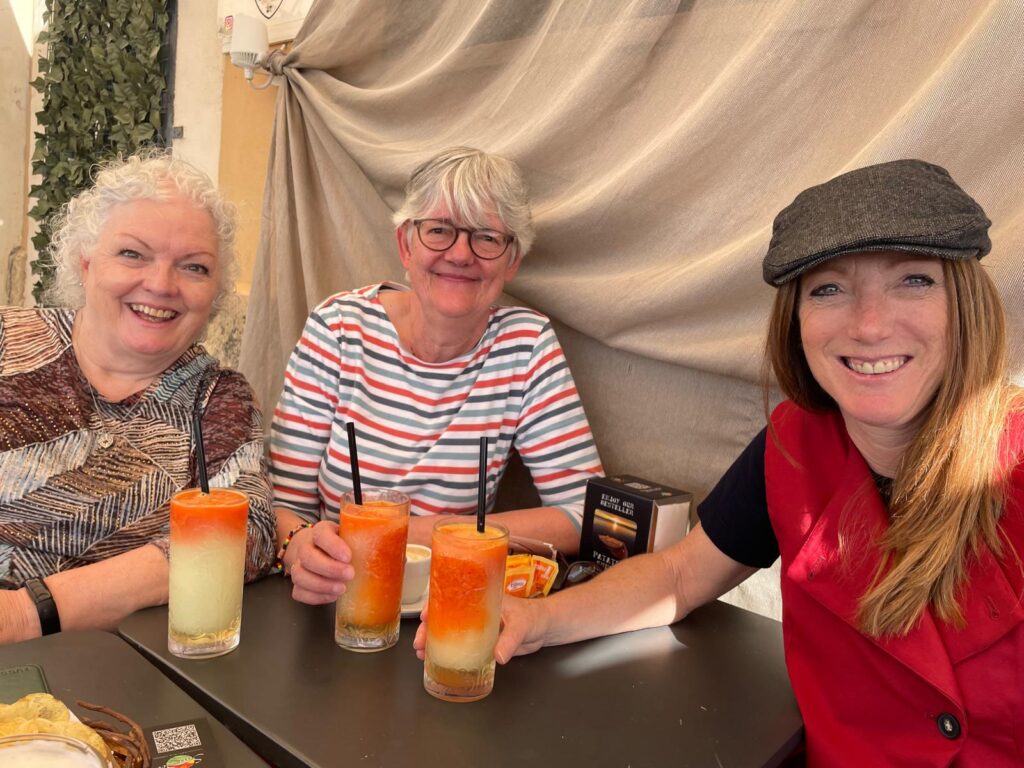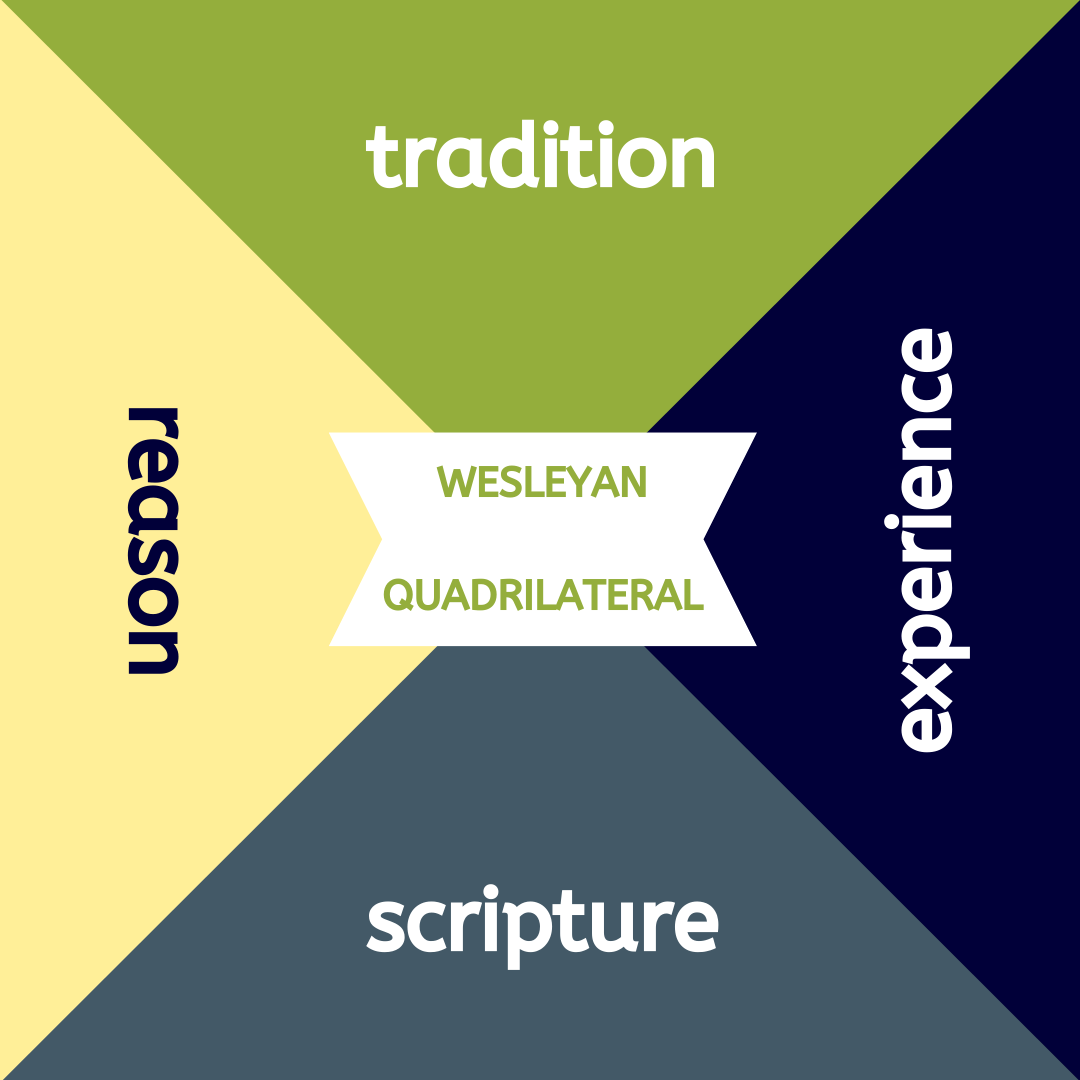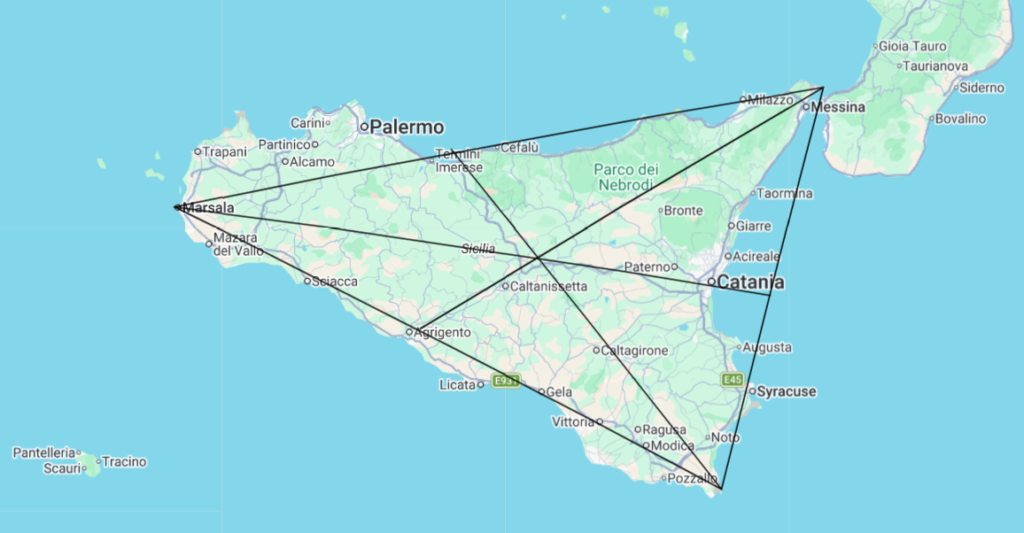Some 18 months ago Gayle had a very long and impactful dream that ended with her addressing ‘Mr. Banks’ pleading that he take off his banking clothes, his shoes and go play with the children in the grass. ‘If you can do this everything will follow.’
Everything will follow!
That is quite a statement. Navigating this world is not an easy task. We live in but not ‘of’ this world. The kingdom of Jesus is not of this world otherwise the methodology of this world would be employed. Living in the world requires compromise for it is how do we engage with an imperfect world. But compromise has to be that of redemptive compromise – taking less than perfect action as it at least stops the bigger picture sliding further backwards or at best leaves a better ‘after’ picture than the ‘before’ one.
God or mammon? The two that Jesus put in opposition to each other. Money is not mammon, but so much of the financial world has been colonised by mammon, and mammon is a source from which society can live. The voice of the Old Testament prophets can be reduced to challenging Israel over two issues: is God your Protector and is God your Provider. They rebuked Israel repeatedly over those two issues.
Child sacrifice was an abomination that was never to be part of the life of Israel. Understandably so. But what lay behind child sacrifice. The foundational belief was that of appeasement of the gods (why with certain views of the atonement NT Wright has described them as pagan). One sacrificed to get the gods to bless, and to get the gods to bless the harvest today, in this season, there was no greater sacrifice than to sacrifice the future. The next generation offered to the gods guaranteed blessing today.
Then Hezekiah said to Isaiah, “The word of the Lord that you have spoken is good.” For he thought, “There will be peace and security in my days.”
Isaiah rebuked Hezekiah for his naive behaviour and said that he had messed things up for the next generation; Hezekiah’s response is that he was happy because things would go well in his lifetime. Happy… but the future sacrificed.
Great parts of money and the economic system has been colonised by this same spirit. And I would go as far as to suggest that a continual pattern of borrowing from the future for blessing today is of the same spirit as Hezekiah embodied, and is on the spectrum heading into Moloch (child sacrifice) territory. Whole financial structures are based on money as debt. Remove debt and the current financial world would collapse! Imagine running one’s own finances on that basis (leveraging).
I think this relates to Gayle’s dream. Play with the children in the grass. Get the dew of creation on your toes; be committed to the next generation on their terms. Play – their terms; their world.
Compromise… but redemptive compromise. Disengaging from the world and living the life of the hermit might be the call for some, but the call for the majority is to be present within; the call on all who follow Jesus is not to be ‘of’.
Compromise but moving toward, making signs of, a fresh economy that might or might not affect ‘money’ but has to break the alignment to mammon and refuse to sacrifice tomorrow for the desire for blessing today.
From:
- buying and selling to giving and receiving.
- reversing the ‘harvest before sowing’ to ‘seedtime and (then) harvest’.
- refusing to set ‘profit’ as the bottom line.
- refusing to maximise what can be earned / harvested.
This was the guilt of your sister Sodom: she and her daughters had pride, excess of food, and prosperous ease but did not aid the poor and needy.
‘Your sister Sodom’. The family DNA, hence in Revelation the city where the Lord was crucified was termed ‘Sodom’ and ‘Egypt’. The Reformers gave us justification by faith and for that we should be (and will be!) eternally grateful, however adding the word ‘alone’ (justification by faith alone) has not helped us and flies in the face of the one Scripture that explicitly uses that phrase: ‘You see that a person is justified by works and not by faith alone‘ (Jas. 2:24)!
A child will lead them (Isaiah 11):
The wolf shall live with the lamb;
the leopard shall lie down with the kid;
the calf and the lion will feed together,
and a little child shall lead them.
The cow and the bear shall graze;
their young shall lie down together;
and the lion shall eat straw like the ox.
The nursing child shall play over the hole of the asp,
and the weaned child shall put its hand on the adder’s den.
They will not hurt or destroy
on all my holy mountain,
for the earth will be full of the knowledge of the Lord
as the waters cover the sea.
And he set a child in the midst:
He called a child, whom he put among them, and said, “Truly I tell you, unless you change and become like children, you will never enter the kingdom of heaven. Whoever becomes humble like this child is the greatest in the kingdom of heaven. Whoever welcomes one such child in my name welcomes me (Matt. 18:2-5).
But when the chief priests and the scribes saw the amazing things that he did and heard the children crying out in the temple and saying, “Hosanna to the Son of David,” they became angry and said to him, “Do you hear what these are saying?” Jesus said to them, “Yes; have you never read,
‘Out of the mouths of infants and nursing babies
you have prepared praise for yourself’?” (Matt. 21:15,16).
Out of the mouths of babes and infants
you have founded a bulwark because of your foes,
to silence the enemy and the avenger (Ps-. 8:2).
Take off your uniform / shoes and go play
In a world that calls us to conform find the crack where some redemptive seed can be sown… and make sure that it is about a better tomorrow than today. Do something to restore seedtime and harvest… even if ever so small. A movement where everything will follow.
Desiring blessing today at the cost of tomorrow finds its ultimate expression demonstrated at the cross. Judas is there with his money to be gained; the religious system makes it plain that the only way to keep the ‘blessing’ of Imperial favour was to sacrifice Jesus (‘ If we let him go on like this, everyone will believe in him, and the Romans will come and destroy both our holy place and our nation… You do not understand that it is better for you to have one man die for the people than to have the whole nation destroyed’ – John 11:48,50).
At the cross was the breaking of the power of mammon for even Judas threw back the money into the temple system; the ‘place’ and the ‘nation’ were destroyed, but a new way of life was released, with an invitation to follow.
Amidst crisis in the charismatic world where will the children be found? They will lead and ‘all who are led by the Spirit of God are children of God.’




